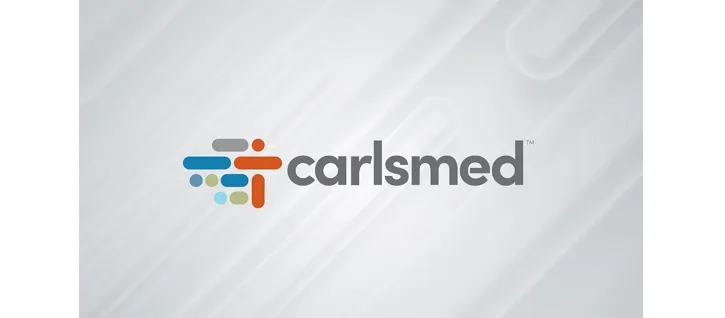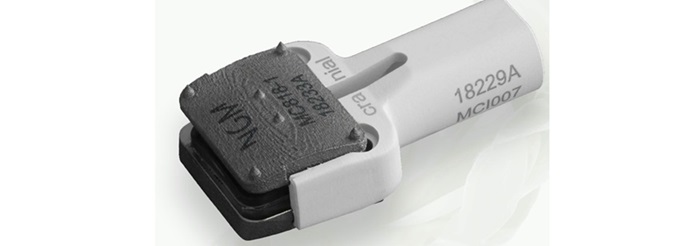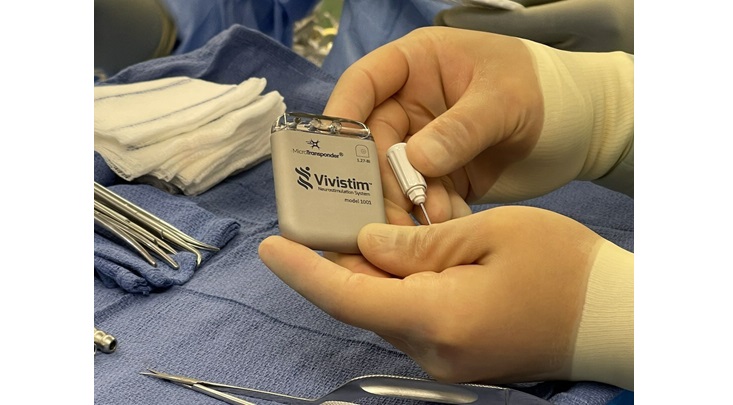By Dave Muoio, March 15, 2024 –
Almost 60% of surveyed hospitals reported at least $1 million of impacted revenues per day, and 74% said that the Change Healthcare incident has had “direct patient care impact” within their facilities. The breadth and scale of the interruption ends the debate over whether hospitals need more relief from payers and government, the American Hospital Association said.
Nearly every hospital is feeling the consequences of Change Healthcare’s cyberattack on their finances, patient care delivery, or both, according to reports from almost 1,000 hospitals compiled by the American Hospital Association (AHA).
Per survey data released Friday afternoon, 94% of hospitals reported some financial impact stemming from what the trade group is calling “the most significant and consequential cyberattack” on healthcare in the country’s history. More than half of the responding hospitals characterized the impact as “significant or serious,” according to AHA’s report.
Change Healthcare is a healthcare clearinghouse that processes 15 billion transactions between healthcare entities, including those for billing, prescribing and prior authorizations.
Among the 82% of hospitals that said their cash flow was impacted, more than a third reported an impact on over half of their revenue, and nearly 3 in 5 said the affected revenue totaled at least $1 million per day. Also among these hospitals, 44% said they expect the impact would persist for another two to four months, but more than 20% said they were “currently uncertain” of the interruption’s full impact, AHA said.
“These survey findings are another irrefutable reminder that the impact of this cyberattack is far-reaching and far from over,” AHA President and CEO Rick Pollack in a statement accompanying the report. “When nearly every hospital says they are experiencing a financial loss and half of those say it’s ‘significant or serious,’ with no immediate end in sight, then the debate about whether we need to help them should be over.”
AHA collected its responses between March 9 and March 12.








